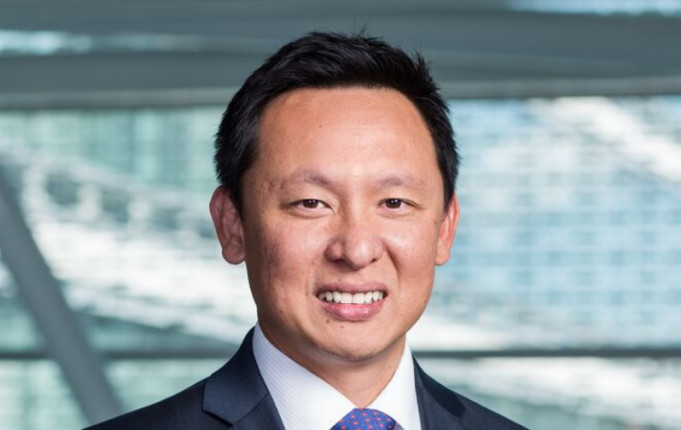Ivanhoe Cambridge recently decided to sell down its stake in LOGOS Property Group. Florence Chong speaks with George Agethen about the initial motivation to buy the company and Ivanhoe's plans going forward
Register to Access this Exclusive [i3] Insights Article
Create a free account to access exclusive interviews with asset owners, revealing insights on investment strategies, market trends, and portfolio allocations.
If you already have an account you can Login .
If you have any issues registering an account please send us an email at [email protected].

